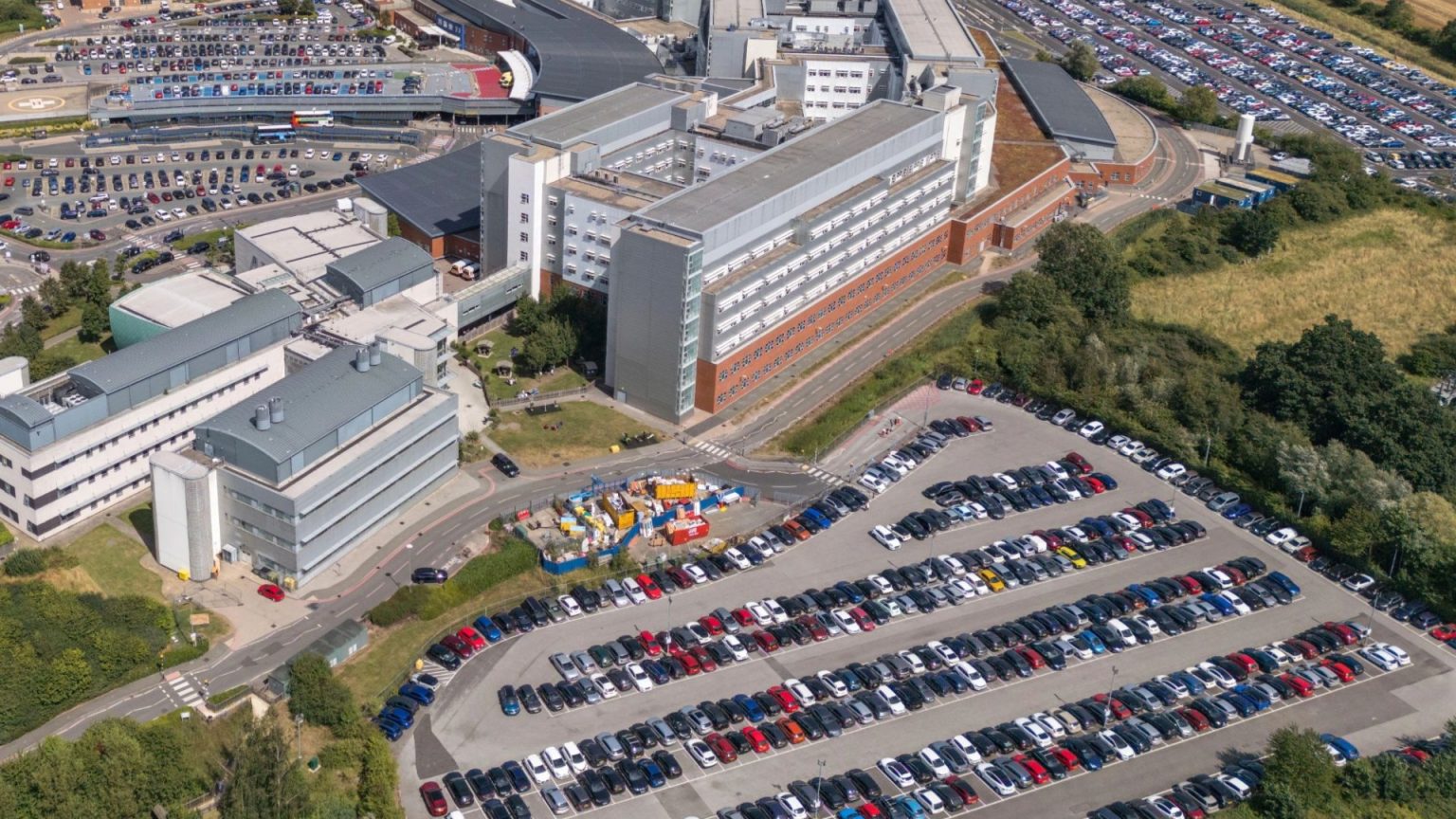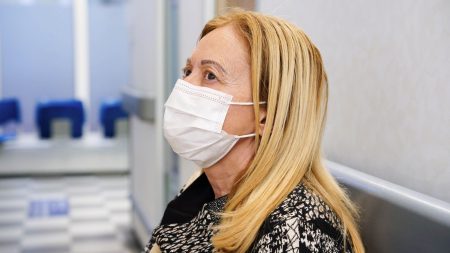The National Health Service (NHS) in England has generated over £1 billion in revenue from hospital car parking charges over the past six years, according to figures compiled by the Liberal Democrats. This substantial sum comprises over £300 million paid by NHS staff and a staggering £847 million contributed by patients and visitors. This financial burden on those seeking medical care and those providing it has sparked criticism and calls for reform, particularly given the increasing cost of living and the essential nature of healthcare services. The data reveals a significant increase in parking charges, rising from £192.5 million in 2023 to £243 million in 2024, further intensifying the debate surrounding the fairness and necessity of these fees.
Among the NHS trusts, University Hospitals Coventry and Warwickshire leads the list, accumulating £37.3 million since 2018. Following closely behind are University Hospitals Birmingham with £25.2 million and Manchester University NHS Foundation Trust with £23.9 million. These substantial figures raise questions about the financial management of these trusts and whether the revenue generated is being appropriately reinvested into patient care and staff welfare. While the Department of Health and Social Care asserts that individual NHS trusts are responsible for setting their own parking charges, critics argue that a national framework is needed to ensure fair and consistent pricing across the country.
The Liberal Democrats have strongly condemned these charges, labeling them an “unfair tax on the sick.” They point out the injustice of nurses having to pay substantial sums to park at their workplace and the added burden on patients already grappling with the stress and expense of illness. They argue that these charges create a barrier to accessing healthcare, particularly for those with chronic conditions requiring frequent hospital visits, and for families supporting loved ones receiving treatment. The party has called for a new Visitors and Caring Fund to alleviate the financial strain on patients and their families, and they have urged the government to take decisive action to address this issue.
The government’s response highlights a decentralized approach to hospital parking charges, with individual NHS trusts given autonomy in setting their own fees. The Department of Health and Social Care maintains that these charges should be “reasonable and in line with the local area.” They also state that the revenue generated is used to maintain car park facilities, and any surplus is reinvested into the NHS. However, critics argue that this lack of centralized control leads to inconsistencies and potentially excessive charges, with some trusts exploiting the system to generate revenue at the expense of patients and staff.
The debate surrounding hospital parking charges highlights a complex interplay of financial pressures, patient welfare, and staff morale. While NHS trusts face significant financial challenges and require resources to maintain infrastructure, including parking facilities, the burden of these charges disproportionately affects those already facing health challenges and financial strain. The increasing cost of parking further exacerbates this issue, adding to the emotional and financial toll of illness and creating a sense of injustice among those who rely on the NHS.
Moving forward, a more equitable and transparent approach to hospital parking charges is needed. This could involve the implementation of a national framework to standardize fees, ensuring affordability and preventing excessive charges. Exploring alternative funding mechanisms to support hospital infrastructure, reducing reliance on parking revenue, could also alleviate the financial burden on patients and staff. Furthermore, implementing measures such as free or subsidized parking for frequent visitors, long-term patients, and NHS staff could significantly improve access to care and enhance staff well-being. The debate underscores the need for a compassionate and financially sustainable approach to hospital parking that prioritizes patient welfare and recognizes the vital role of NHS staff.











